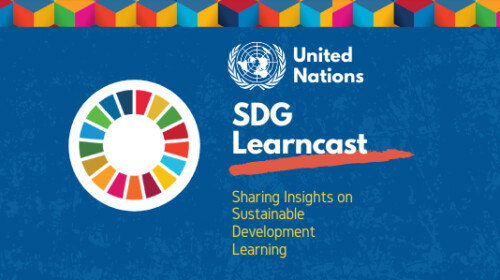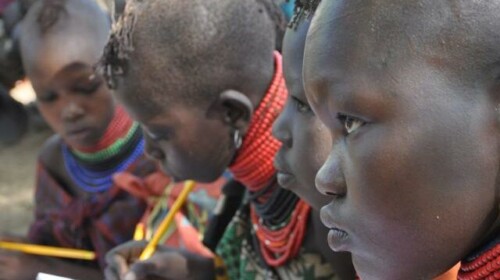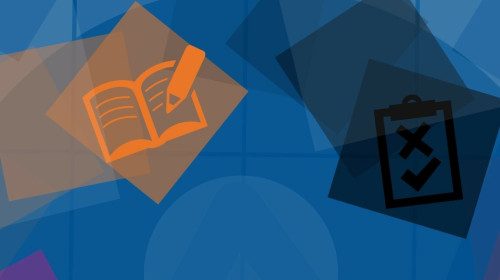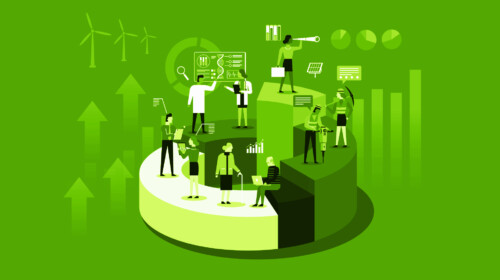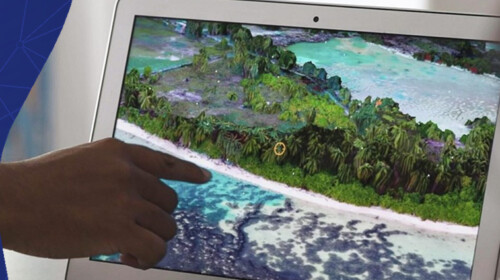Course Registration opens on 15th May and closes on 10th July 2024
The scale and nature of challenges we face in achieving sustainable development for all necessitate a transformative shift in how we approach the notion of development. Economic transformation is an important component in this multi-dimensional transformation.
The limitations of a narrative that focuses on development mainly as an outcome of protracted growth in economic output, have been revealed far too frequently across time and contexts. Despite substantive gains in global economic output, uneven patterns of socioeconomic progress, increasing inequalities, irreversible environmental damage, inherent economic fragility and a perpetual risk of backsliding at the slightest shock, highlight the need to transform our economies.
This transformation requires us to consider economic development as a goal that needs to be pursued in tandem with, and not privileged over, social well-being and preserving the environment. This course will unpack the concept of economic transformation, why it is necessary, and key policy areas that can help develop environmentally sustainable, socially just, and thriving economies.
Target Audience
The course seeks participants engaged in policy development, advisory, research and programming roles. These can include:
- Policy Influencers at National Planning Ministries, National Bodies, Ministries of Economy, Finance and related domains
- UN Staff engaged in Economic Policy Advisory and Programming roles
- Researchers from academia and think-tanks
- University/College Faculty in domains related to Public/Economic policy from developing countries.
Learning Objectives
Upon successful completion of the course, participants will be able to:
- Evaluate whether the current economic paradigm promotes sustainable development and be aware of alternative economic approaches.
- Contextualize the challenges and opportunities of disruptive megatrends, and how they could be addressed through economic policy.
- Understand the centrality of public governance and state capacity for effective economic transformation.
- Link broader narratives to local and regional realities.



